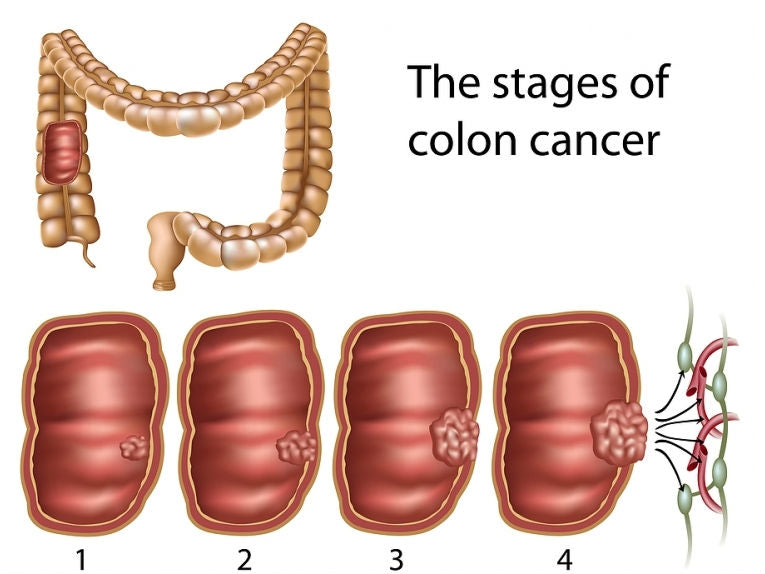The University of Texas Southwestern Medical Center (UT Southwestern) and Parkland Memorial Hospital have teamed up to offer a new screening program for families thought to be at risk from colorectal cancer.
Colorectal cancer, or colon cancer, is a next most lethal form of tumour after lung cancer and can often lead to other types of cancer, but is treatable if caught early enough. Now a team headed by Dr David Euhus at UT Southwestern has developed a procedure that can identify tumours with a genetic disposition in colorectal patients. As a result, other family members can be tested for early signs of the disease.
Dr Samir Gupta of the high risk colorectal cancer clinic in Parkland said: "If we can bring in family members of those that have been diagnosed, we have a chance to catch their colon cancer early and even prevent it."Already, the initiative has resulted in the diagnosis of colorectal cancer in 11 family members of patients undergoing treatment for the disease.
Although Lynch syndrome, also known as hereditary nonpolyposis colorectal cancer (HNPCC) is rare, a diagnosis in a family member means that the cancer is likely to be found in other family members. People with Lynch syndrome have variations in the MLH1, MSH2, MSH6 and PMS2 genes, which can be passed on to future generations.
"If a parent has Lynch syndrome, there's a 50% chance that one of their kids will also get it," said Lynda Robinson, a genetic counsellor supervisor at UT Southwestern.
However, thanks to the work undertaken by UT Southwestern, all that's needed now is a simple blood test to identify one of the mutated genes associated with Lynch syndrome. It's then recommended that those who test positive attend regular colonoscopy screening so that any abnormal changes can be detected and treated early.
Top Image Credit: Large intestine illustration with details of the four stages of colon cancer © Alila















